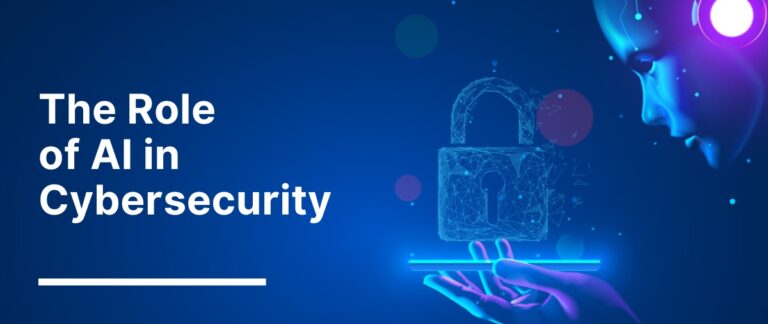Cyber security based on AI


Introduction
Cybersecurity involves the protection of computer systems, networks, and data from digital attacks. It encompasses a range of technologies, processes, and practices designed to safeguard against unauthorized access, data breaches, and other cyber threats.AI is revolutionizing the field of cybersecurity by introducing advanced technologies that augment traditional security measures. The digital landscape is witnessing an increase in sophisticated cyber threats, ranging from ransomware attacks to advanced persistent threats (APTs).As cyber threats become more complex, there is a pressing need for security measures that can adapt and respond swiftly to evolving challenges.
AI employs machine learning algorithms to analyze vast datasets, enabling systems to recognize patterns and anomalies indicative of potential threats.AI-driven systems can predict potential security breaches based on historical data, allowing for a proactive defense strategy.AI facilitates real-time monitoring of network activities, swiftly detecting and responding to suspicious behavior. By establishing baseline behaviors, AI can identify anomalies that may signify a security breach, enabling rapid intervention. Automation in incident response reduces the time it takes to identify and mitigate security incidents, minimizing potential damage.AI-driven automation reduces the reliance on human intervention, minimizing the risk of errors in the response process.AI enhances authentication by incorporating biometric verification, adding an extra layer of security.
Behavioral analysis for user identification
- Analyzing user behavior patterns helps in identifying abnormal activities, enhancing the accuracy of user identification.AI-driven firewall systems adapt dynamically to emerging threats, providing robust protection against diverse cyber attacks.
- By continuously analyzing network traffic, AI can dynamically prevent potential threats before they escalate.
- The ethical use of AI in cybersecurity raises questions about privacy, accountability, and potential misuse of advanced technologies.
- Implementing AI in cybersecurity requires skilled professionals capable of navigating the complexities of both AI and cybersecurity.
- AI excels in analyzing vast amounts of data to identify patterns and trends that may indicate upcoming cyber threats.
- Predictive cyber threat intelligence allows organizations to stay ahead of emerging threats, fortifying their defenses in anticipation. While AI plays a pivotal role, a collaborative approach involving human expertise remains essential for comprehensive cybersecurity.
- Continuous training and awareness programs ensure that human elements are well-equipped to navigate the evolving landscape of cybersecurity.
- AI enhances endpoint security by detecting and preventing attacks on individual devices within a network.
- As the number and types of connected devices increase, AI provides adaptive security measures to secure diverse endpoints.
- AI algorithms can identify unusual patterns of behavior, aiding in the early detection and mitigation of insider threats.
- By monitoring internal activities, AI contributes to safeguarding against risks originating from within the organization.
- Organizations utilizing AI in cybersecurity must ensure compliance with data protection regulations, maintaining transparency and accountability.
- Ethical considerations play a crucial role in the integration of AI, necessitating responsible and transparent practices.
- The integration of AI with blockchain technology is anticipated to enhance the security and transparency of digital transactions.
- The future may witness the emergence of AI-driven cyber insurance, offering tailored coverage based on predictive risk assessments.
Conclusion
In conclusion, the fusion of AI and cybersecurity represents a powerful alliance against the evolving landscape of cyber threats. As AI continues to advance, its role in fortifying digital realms against malicious activities becomes increasingly indispensable.
